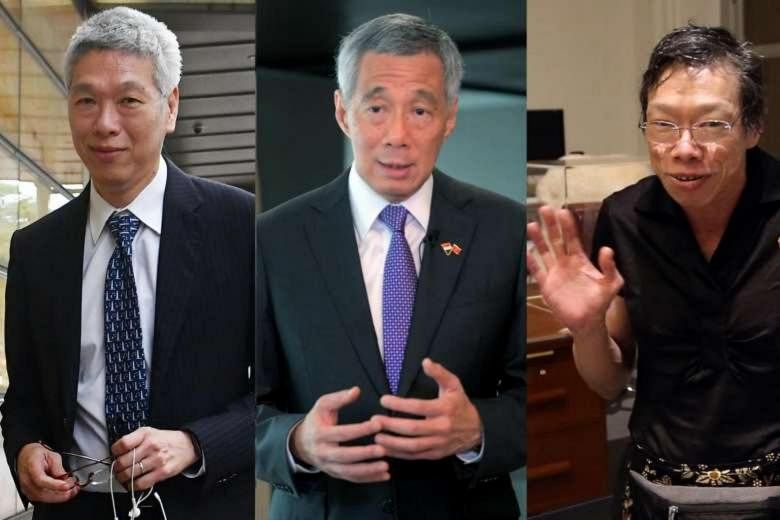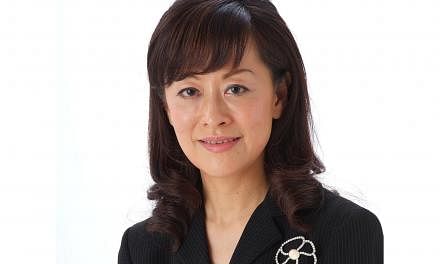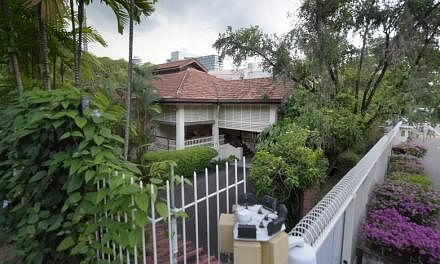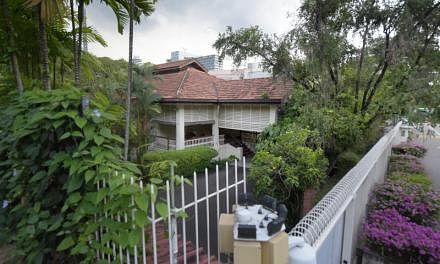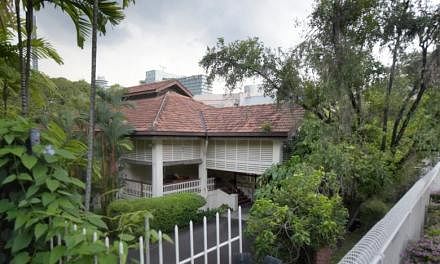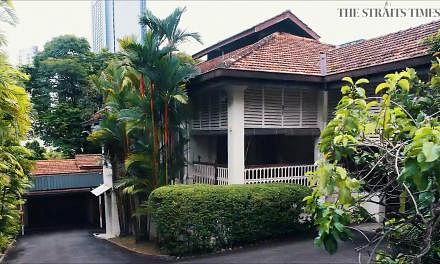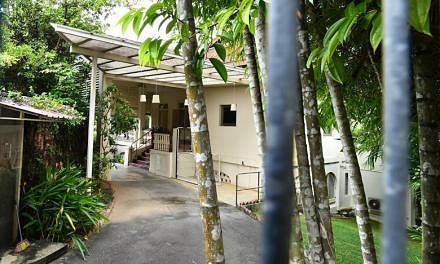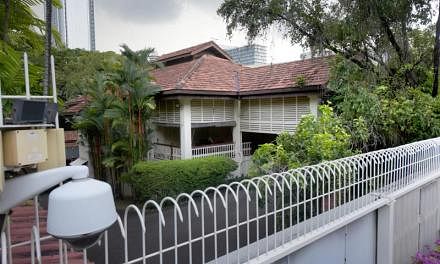Can you challenge the validity of a will after probate has been granted?
Mr Lee Kuan Yew's younger son, Mr Lee Hsien Yang, maintains that his father's will - which is at the centre of a dispute between him and his older brother, Prime Minister Lee Hsien Loong - is "final and legally binding" as no challenge was lodged.
Lawyers whom The Straits Times spoke to said that six months, as spelt out in the Wills Act, is a guideline, but a challenge beyond that is possible depending on the reasons.
"If it's after the six months, you have got to give special reasons and it is at the court's discretion," said Dr G. Raman, a veteran probate lawyer.
This is the legal process of probate, when the concerned parties prove in court that a will is a valid public document that is the true last testament of the deceased.
Probate for the late Mr Lee's will was granted on Oct 6, 2015.
Lawyers suggest that if new evidence surfaces, it is still possible to mount a challenge.
WongPartnership lawyer Sim Bock Eng cited the example where a subsequent will of the testator surfaces, or where there is fraud or other reasons.
The will has become a focal point of the dispute between the siblings after PM Lee, in a summary of his statutory declaration made public on Thursday, raised serious doubts about whether his father was properly and independently advised on the contents of his last will before he signed it.
On why he did not challenge it earlier, PM Lee said he had hoped to settle the matter within the family.
Mr Lee Hsien Yang, however, maintained that the will is "final and legally binding" as PM Lee raised no legal challenge in court and should not use a ministerial committee to try and do so now. He was referring to the committee that has been tasked to look into options for the late Mr Lee's home at 38, Oxley Road.
Paragraph seven of the last will is the main sticking point. It relates to the late founding prime minister's wish to have the Oxley Road home demolished immediately after his death, or after his daughter, Dr Lee Wei Ling, moves out.
PM Lee said this clause had been removed from two earlier versions of the will and reinstated in the final one under "troubling circumstances".
He added that the clause was now being used by his siblings to claim their father was firm in his wish that the house be demolished, and that he was not prepared to accept its preservation or contemplate options short of demolition.
Another issue raised by PM Lee was a possible conflict of interest with Mrs Lee Suet Fern's involvement in any preparation of the will in which her husband, Mr Lee Hsien Yang, was a beneficiary.
According to lawyers, there is no absolute prohibition against a law firm using its lawyers to attest a will where a member of the firm is related to the testator.
Ms Sim said that although there is a practice direction that discourages doing such work, "it is not uncommon to have staff of a firm asking for assistance in this regard".
Dr Raman added: "There is no prohibition, but it is not prudent to witness or attest to the will when there is a relationship."
Ms Sim explained that there is good reason for this - it ensures that the will reflects the testamentary intent of the testator and that he or she is not under the undue influence of a family member.
PM Lee also noted that the lawyers who witnessed the will signed by his father had spent 15 minutes at the house, and said they "plainly came only to witness Mr Lee signing the last will and not to advise him".
Lawyers pointed to a 2009 case in which the Court of Appeal underlined the serious professional responsibilities that lawyers must "uncompromisingly observe and discharge".
Among other things, the court reminded lawyers to "confirm with the testator, prior to the execution of the will, that the contents of the will as drafted accurately express the latter's intention".
The court had further explained that the lawyer concerned should also "conscientiously seek to avoid being in any situation where a potential conflict of interest may appear to exist. If the solicitor might be perceived as anything less than a completely independent adviser to the testator, he ought not, as a matter of good practice, to be involved in the explanation, the interpretation and the execution of the will".
As to how long it takes to settle such matters, veteran lawyer V. Ramakrishnan said it can be very short or protracted, "depending on the circumstances of the case".
